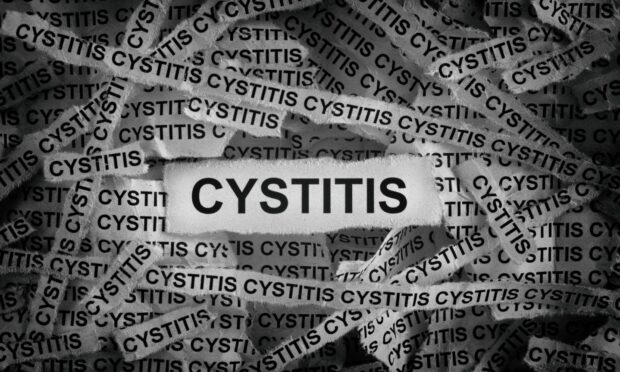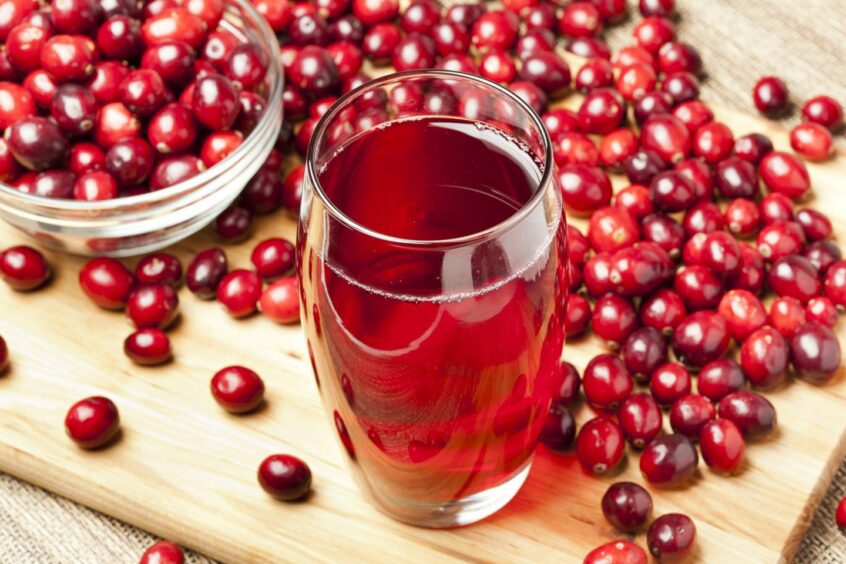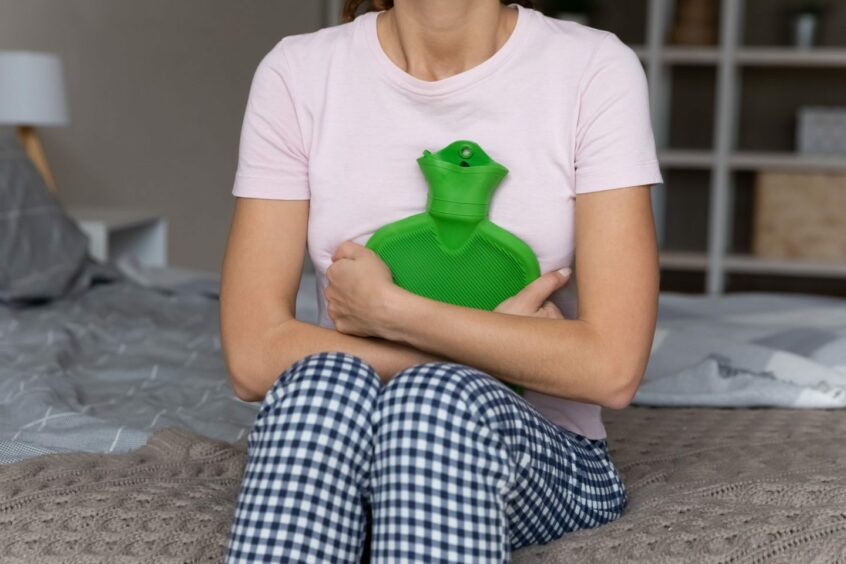Cystitis is a common bladder problem that affects as many as one in five women.
Men do also get cystitis but it is far more common in women, in part because the journey to the outside world is that much shorter, making it easier for bacteria to spread.
In men, cystitis is often associated with Benign Prostatic Hypertrophy (BPH). Usually the first indication that something’s wrong is the need to visit the bathroom more frequently, which, let’s face it, often hurts and never quite gives relief.
As well as the constant urge to pee and a painful burning sensation when you do pee, cystitis symptoms can also include pain or pressure in your lower belly, you may feel sick or achy (backache is common) and your pee may be darker or smell stronger than usual.
So, what to do?
First things first, increase your fluid intake. We lose about 1.5 litres of water a day just by breathing, sweating and going to the loo.
Just to remain in balance you need to drink at least 1.5 litres a day but this will vary according to your weight and general activity. Aim for at least 2 litres of water daily, preferably still water, to flush through.
You can also try drinking lemon or cranberry juice, as these have mild antibiotic properties and may help to ease infection. You should try to drink these with only naturally occurring sugar.
Although not all experts agree on their efficacy, cranberries have been used over the years to help support bladder health, and the evidence for cranberry extract helping prevent infections is fairly good.
If you’re not keen on the taste of cranberry juice, A.Vogel’s Cranberry Complex Tablets are a concentrated source of freshly harvested cranberries. Each tablet contains the equivalent of 7.5g of fresh cranberries.
Another bladder-friendly berry is Uva-ursi or Bearberry. A small woody shrub native to Switzerland, Uva-ursi is a favourite bear snack – hence the catchy alias.
Uva-ursi and Echinacea Complex can be used to relieve symptoms associated with urinary tract infections. Echinacea provides additional immune support.
What’s the link between cystitis and immune health?
Your overall health and immune system can influence how quickly you recover from cystitis and recurrent cystitis can be a sign your immune system is struggling.
Make sure your diet is balanced by cooking from scratch and incorporate lots of fresh fruits and vegetables that are rich in antioxidants.
If an infection is present a diet rich in fruit and vegetables should also help to reduce the acidity of your urine.
Spinach, kale and broccoli are good options. They are great for your whole body, are packed with vital nutrients and they help to support the immune system.
Probiotic and prebiotic foods can also help with bladder health. Plain, natural yoghurt is packed full of good bacteria, which can help keep bad bacteria in check and reduce the chances of an infection taking hold.
Other food sources of probiotics include tempeh, miso, kefir and sauerkraut.
In addition to probiotic foods you can also take Molkosan Fruit, a supplement that helps to support good digestion. It contains L+ lactic acid which helps to create an environment in which friendly bacteria thrive. Add one teaspoonful to a glass of water.
What to avoid
Cut caffeine and alcohol from your diet during an infection, as these irritate the bladder and will worsen symptoms of pain and burning. They may also cause recovery from infection to slow down.
It is important to urinate as much as you need; holding on when you need to go to the toilet can cause bacteria to build up in the urinary tract, making you more prone to infection.
If you are suffering from an infection, this is particularly important, as this will encourage the bacteria to leave the system.
Finally, chemicals in personal care products, such as intimate washes and soaps, can also cause cystitis so keep these to a minimum or seek out natural alternatives.
If symptoms do not improve within 48 hours or are recurrent, or if there is blood in your urine or a fever is present, consult your GP or healthcare provider.
For further information, ask in store at Grampian Health Store, 34 Market Street, Aberdeen, or call 01224 590886. If you’re unable to get out and about, home delivery is also available.




Conversation